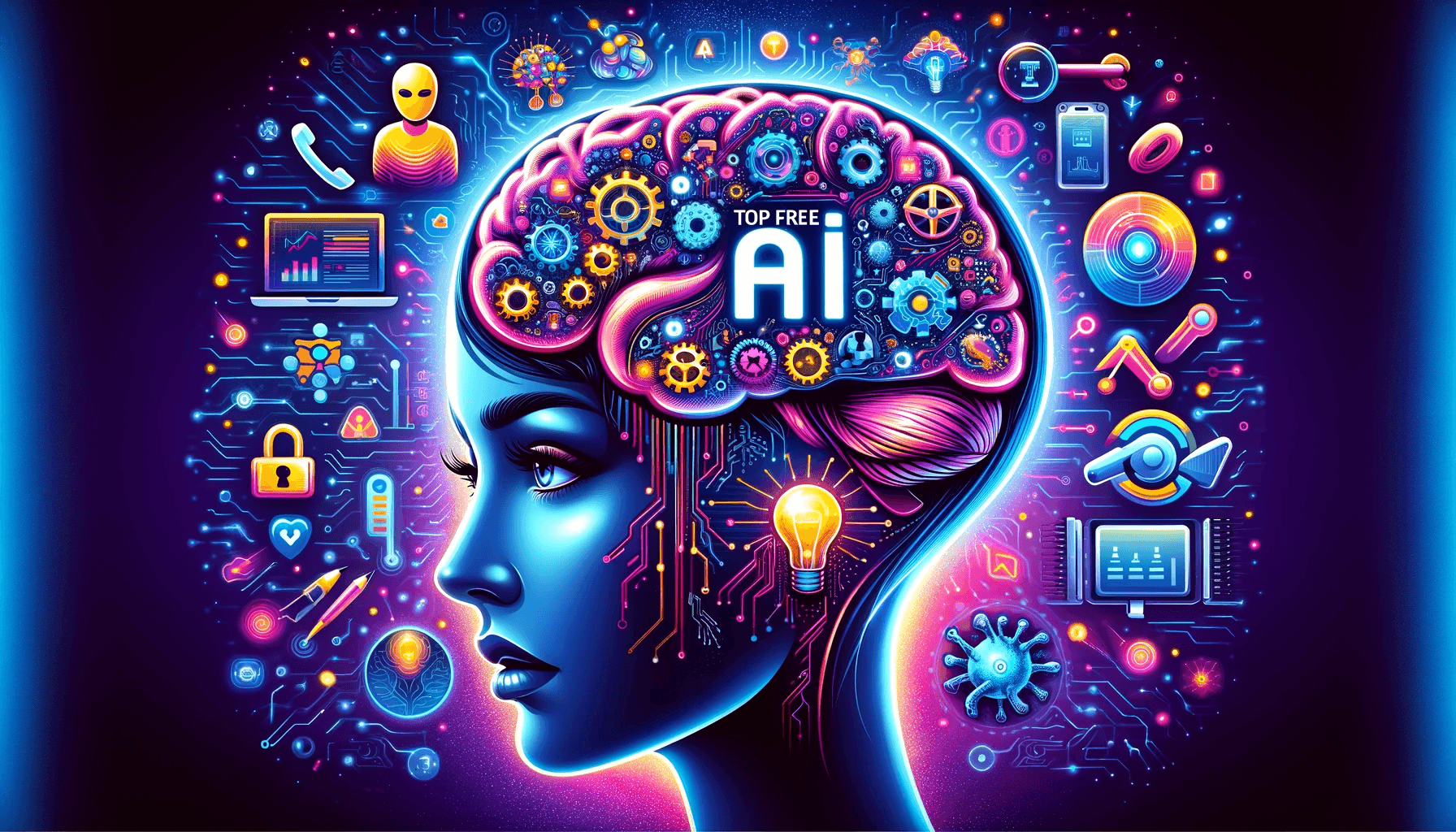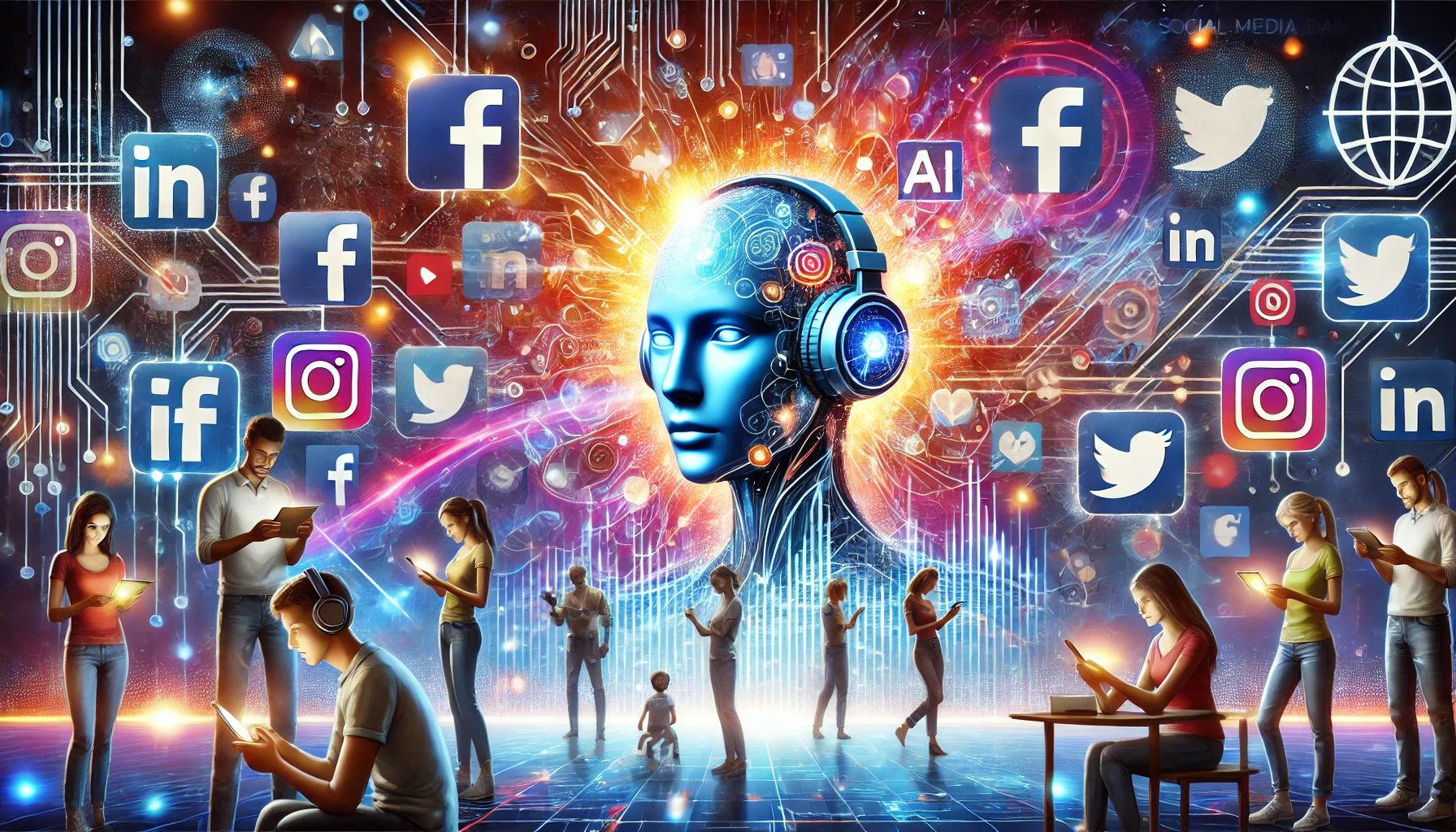The Role of AI Chatbots in Social Media Customer Support
Introduction
In the digital era, social media has become a crucial platform for customer engagement. With millions of users interacting with brands daily, businesses are leveraging AI chatbots to enhance customer support and streamline communication. AI-powered chatbots are transforming how businesses handle customer queries, providing instant responses, and improving overall customer experience.
The Rise of AI Chatbots in Social Media
AI chatbots have gained prominence as companies look for efficient ways to manage customer interactions on social media platforms such as Facebook, Twitter, Instagram, and LinkedIn. These intelligent bots utilize natural language processing (NLP) and machine learning algorithms to understand customer inquiries, provide relevant responses, and even escalate complex issues to human representatives when necessary.
Key Benefits of AI Chatbots in Social Media Customer Support
1. 24/7 Availability
Unlike human agents who have working hours, AI chatbots operate round the clock, ensuring that customers receive support at any time of the day. This improves customer satisfaction and helps businesses cater to a global audience across different time zones.
2. Instant Responses and Reduced Wait Times
Customers expect quick responses on social media. AI chatbots can handle multiple conversations simultaneously, providing instant replies to common queries and reducing long wait times that often lead to customer frustration.
3. Cost-Effective Solution
Employing a full-time customer support team can be expensive. AI chatbots significantly reduce operational costs by automating repetitive tasks, allowing businesses to allocate resources more efficiently and focus on complex customer needs that require human intervention.
4. Improved Customer Engagement
Chatbots can personalize interactions based on previous conversations and user behavior, making the engagement more relevant and effective. They can also proactively reach out to customers with offers, updates, or solutions before a problem escalates.
5. Seamless Integration with Social Media Platforms
AI chatbots are designed to integrate seamlessly with popular social media platforms. They can respond to direct messages, comments, and mentions, ensuring that businesses maintain an active and responsive presence online.
6. Data Collection and Analytics
Chatbots can collect and analyze customer data, providing businesses with valuable insights into customer behavior, preferences, and common concerns. This data helps companies refine their products, services, and customer support strategies.
Challenges and Limitations
Despite their numerous advantages, AI chatbots do have limitations. Some of the common challenges include:
- Lack of Human Touch: While chatbots can handle basic inquiries, they may struggle with complex or emotionally sensitive issues that require empathy and human understanding.
- Language and Context Limitations: AI chatbots rely on NLP, which is still evolving. They may sometimes misinterpret customer intent, leading to irrelevant or incorrect responses.
- Security Concerns: Handling customer data comes with privacy and security risks. Businesses must ensure compliance with data protection regulations and implement strong security measures.
Future of AI Chatbots in Social Media Customer Support
As AI technology continues to evolve, chatbots will become even more sophisticated, offering improved language processing, sentiment analysis, and personalized interactions. Businesses will increasingly integrate AI chatbots with advanced AI tools like voice recognition and augmented reality to further enhance customer experiences.
Conclusion
AI chatbots are revolutionizing social media customer support by providing instant, cost-effective, and efficient solutions for customer engagement. While they are not a complete replacement for human support, they serve as an essential tool in enhancing responsiveness and improving overall customer satisfaction. As AI continues to advance, chatbots will play an even more integral role in shaping the future of digital customer service.






Leave feedback about this